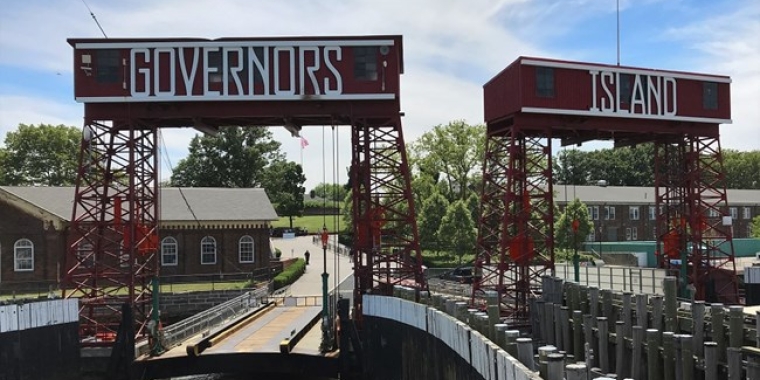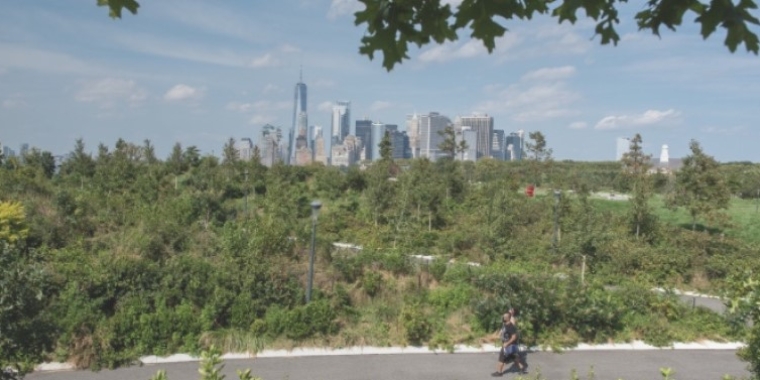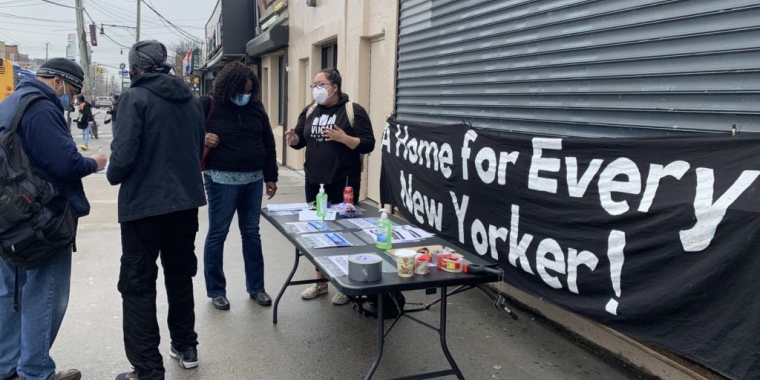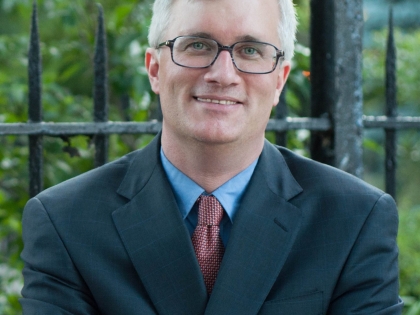
AMNY: Sounding the Alarm: Chinatown Merchants, Pols Seek Effort to Save Businesses
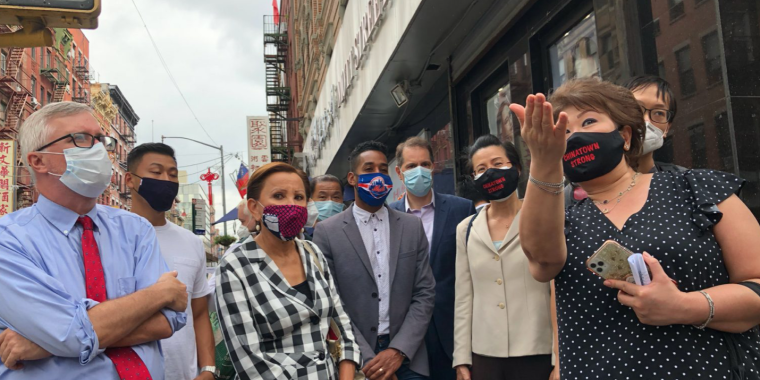
An introduction to the stores in Chinatown on Aug. 19, 2020. (Photo by Tequila Minsky)
On August 26, 2020, AMNY discussed a push by community leaders and elected officials, including Senator Kavanagh, for increased support and relief for small businesses in Chinatown. The article covers a recent walk through the area to hear directly from small business owners and managers about the disproportionate impact COVID-19 has had on the neighborhood. The full text of the article is below; the original version is available via the link above.
_______________
Sounding the Alarm: Chinatown Merchants, Pols Seek Effort to Save Businesses
By Tequila Minsky
August 26, 2020
Last week, small business owners, community leaders, and local elected officials met in Chinatown calling for immediate relief measures to save Chinatown businesses including the need to expand the Open Streets program.
In early August, some restaurants reopened with outdoor seating on platforms in the streets. Leaders asked that more streets be closed to traffic, particularly on Friday through Sunday evenings, and that gift shops be allowed to sell wares from the sidewalk.
“Summer is over in a couple weeks and the most we can have this helpful setup is through October, if we’re lucky,” said District Leader Jenny Low. “So we need the help. We can’t afford for our community to be closed forever.”
Local business advocates understand the dire need to increase economic activity. They were frustrated when Mayor Bill de Blasio visited a few weeks earlier, enjoyed ice cream and a late lunch with some local leaders, but didn’t directly engage merchants on their specific issues.
For example, citing how small many shops are, merchants who sell souvenirs report that it is difficult to conduct business while adhering to social distancing. They want the city’s Open Streets plan to include them.
Council Member Mark Levine underscored how bringing back jobs is a life-and-death struggle.
“Every single day that we delay, we are risking losing more of these precious businesses,” Levine said. “We have got to listen to business owners who know their business better than we know, who know their community, who know these streets and sidewalks better than we do.”
This sentiment was repeated by many speakers who emphasized that city leaders should listen to local advocates throughout the recovery process.
Chinatown was the first neighborhood impacted by COVID-19, long before other areas of the city were affected. The major yearly economic event — Chinese New Year, this year in late January — was tamped down significantly by reports of the outbreak, which began last December in the Chinese city of Wuhan.
New York didn’t get its first confirmed COVID-19 case until March 1, but fears about the virus kept visitors away from Chinatown for weeks prior — stalling economic activity long before the first pause orders took effect.
Though Chinatown is open for business, merchants says they still need to bring more people back.
“We’ve lost 50% of our business,” says Patrick Mock, whose bakery is at 46 Mott St.
Across Mott Street, the owner of the restaurant Cha Chan Tang showed a stack of tickets citing violations he’s received as his outdoor street seating arrangement is buffeted from one side of the street to another.
One community activist said the City and State bureaucracies must work together and streamline procedures to help merchants get back to business.
Among the many elected officials in attendance, Congresswoman Nydia Velázquez and Assemblymember Yuh-Line Niou also spoke on behalf of the needs of the community.
State Senators John Liu and Brian Kavanagh, Council Members Antonio Reynoso and Mark Levine and Manhattan Borough President Gale Brewer joined the community and business leaders on a walk through the neighborhood to speak with merchants about their challenges and problems.
